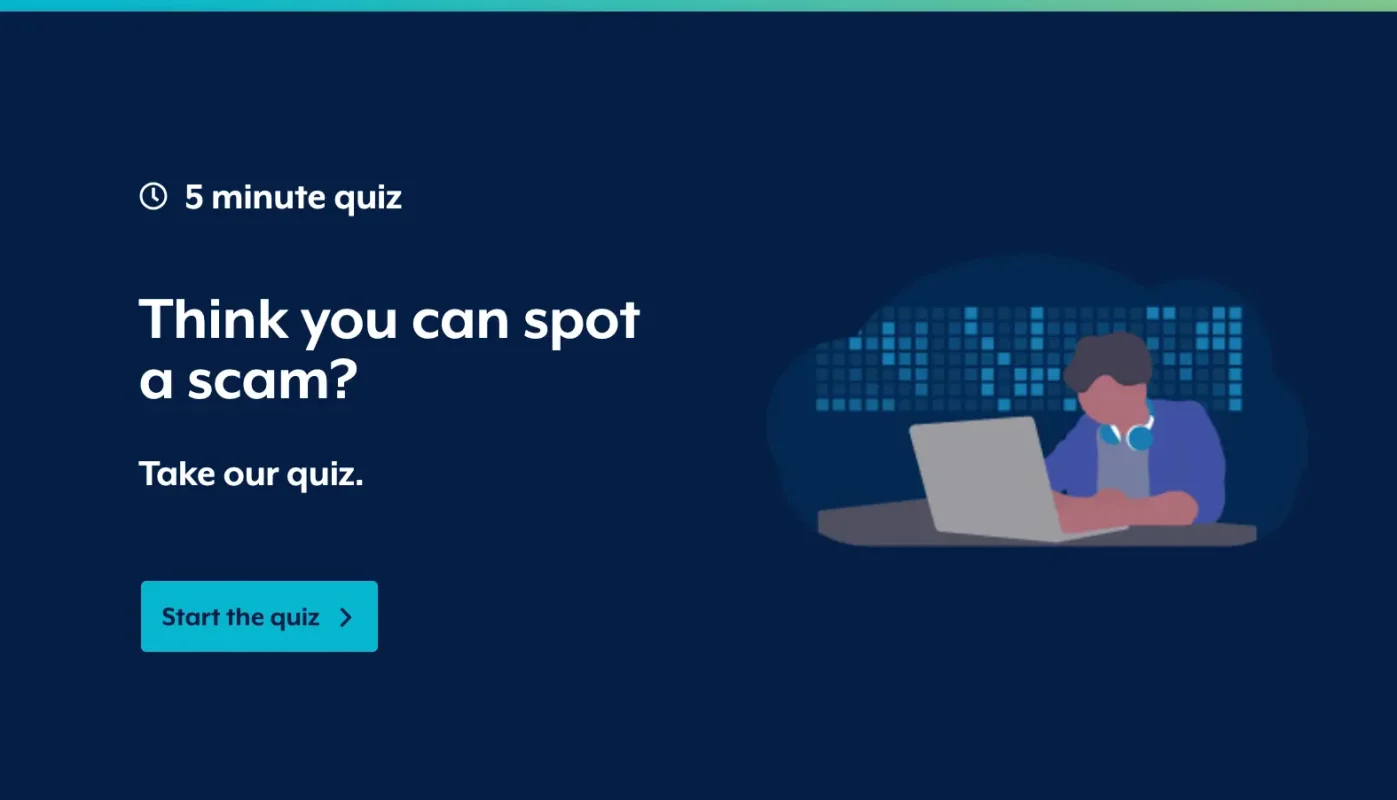Home » Cybersecurity Awareness Training in Allied Health
Did you know that human error accounts for the majority of cybersecurity breaches? As cyber threats grow more sophisticated, educating your staff through cybersecurity awareness training becomes increasingly essential.
Have you ever received an email from a so-called ‘Nigerian prince’ or a ‘long-lost relative’ asking for money? That’s phishing, and it’s just the beginning! Cyber-criminals have developed more cunning tactics, making cybersecurity training imperative. By learning to identify these deceptive emails, your organisation can avoid falling into costly traps.

Paul, Medic Cloud Service Engineer
A compromising scenario in the workplace
Now, picture yourself as the boss at a growing company. One morning, your top employee mistakenly clicks on a phishing email, compromising sensitive data. This scenario is not just hypothetical; it is preventable. Cybersecurity awareness training empowers everyone in your organisation—from the boardroom to the front lines—to recognise and avoid cyber threats. It’s not merely about protecting data; it’s about preserving the trust and reputation you have built over the years.
In the Allied Health industry—whether you are a chiropractor, doctor, or work in radiology—a cyber breach can have severe consequences. Patient data encompasses more than just names and numbers; it represents real individuals who trust us to protect their most sensitive information. Thus, cybersecurity awareness training is not just a best practice; it is a critical element in safeguarding our patients’ privacy and maintaining their trust daily.
Moreover, consider this: a breach at a single clinic does not remain isolated. Intruders can potentially access the entire network, putting multiple facilities and their patient data at risk. Such incidents can disrupt operations, damage reputations, and undermine the integrity of the entire allied health industry. Therefore, implementing robust cybersecurity measures, including awareness training, is vital for every employee.
Take the scams quiz to be informed!
Tips for combating phishing emails
Here are some quick tips to help you make informed decisions:
- Check the sender: Examine the sender’s email address closely. Phishing emails often come from addresses that closely resemble legitimate ones but contain minor differences.
- Beware of urgent language: Phishing emails frequently instill a sense of urgency, claiming that your account will be closed or that there has been suspicious activity.
- Look for spelling and grammar mistakes: Legitimate companies typically avoid glaring spelling or grammar errors in their emails.
- Verify links before clicking: Hover over links to see the actual website address. If it appears suspicious or doesn’t match the purported source, do not click!
- Be wary of attachments: Unexpected attachments, particularly from unknown senders, may contain malware (viruses). Only open attachments that you are expecting.
- Security: Consider investing in software to assist with potentially identifying phishing emails.
Equipped with these tips, you will be better prepared to identify phishing emails and secure your data. However, knowledge alone is not enough. To truly strengthen your defenses, we offer comprehensive cybersecurity training that includes network simulations to test your organisation’s resilience.
These simulations help identify employees who may require additional training, allowing us to provide tailored support to ensure that everyone is well-prepared. By conducting these tests, we deliver valuable insights into your company’s cybersecurity posture, enabling you to fortify weak points and build a robust defense against cyber threats.
Speak to us about your options
In an era of constant cyber threats, we are here to assist you and your organisation to combat such unscrupulous behavior.
Our information technology professionals provide cybersecurity awareness training programs and are waiting to hear from you at 1300 568 103.
Read more blogs

Subscribe to Medic Hub
Get the latest insights direct to your inbox.




